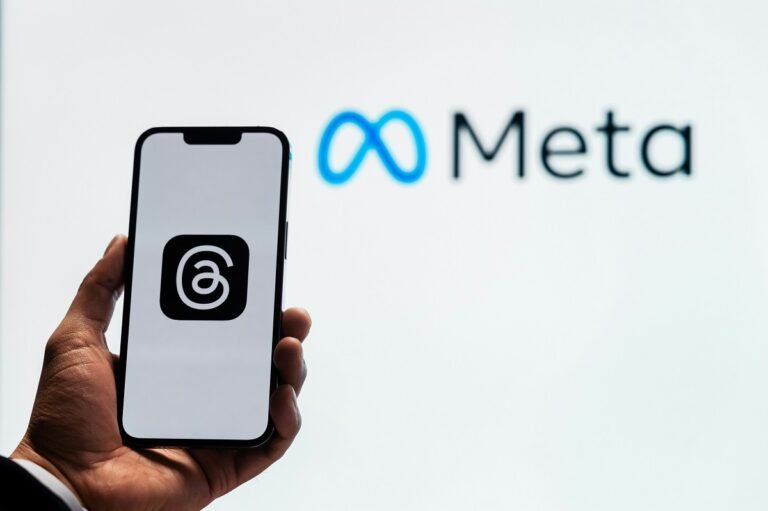Meta Platforms, the parent company of Facebook, has announced a global ban on Russian state media outlets, including RT and Rossiya Segodnya, accusing them of using deceptive methods to conduct covert influence operations online.
The decision represents an escalation in Meta’s actions against Russian media, after previous measures had focused on limiting the outlets’ reach and prohibiting them from running ads.
“After careful consideration, we expanded our ongoing enforcement against Russian state media outlets. Rossiya Segodnya, RT, and other related entities are now banned from our apps globally for foreign interference activity,” Meta said in a statement.
The move, which applies to Meta’s platforms including Instagram, WhatsApp, and Threads, has sparked criticism from the Kremlin. Kremlin spokesperson, Dmitry Peskov, condemned the action, accusing Meta of “discrediting itself” and warning that such selective measures “complicate prospects for normalising relations” with the company.
RT, a Russian state-controlled international news television network funded by the Russian government, had amassed millions of followers across Facebook and Instagram prior to the ban. Moscow has already branded Meta as an “extremist” organisation in 2022 and had blocked Instagram and Facebook, partly in response to Meta’s adjustments to its hate speech policies during the early stages of Russia’s invasion of Ukraine.
Meanwhile, Alphabet’s YouTube followed suit, announcing the termination of over 230 channels affiliated with Rossiya Segodnya and AVO TV Novosti. These channels were already inaccessible to viewers prior to the ban.
Although Meta’s platforms like Facebook and Instagram are blocked in Russia, WhatsApp, which remains widely used by millions of Russians, has yet to face a similar ban. Moscow has also criticised prior efforts by Meta to curb Russian media, fining the company several times for not removing content considered illegal under Russian law.
The White House declined to comment on Meta’s latest move, which coincides with money-laundering charges filed by U.S. authorities against two RT employees accused of using an American company to influence the 2024 U.S. election. U.S. Secretary of State Antony Blinken called for nations to treat RT’s activities similarly to covert intelligence operations.
RT responded by mocking the U.S. government’s actions, accusing it of trying to prevent the outlet from functioning as a legitimate journalistic organisation.
Despite the backlash from Moscow, Meta has maintained its stance, asserting that Russian state media will likely continue to engage in deceptive practices in the future.




